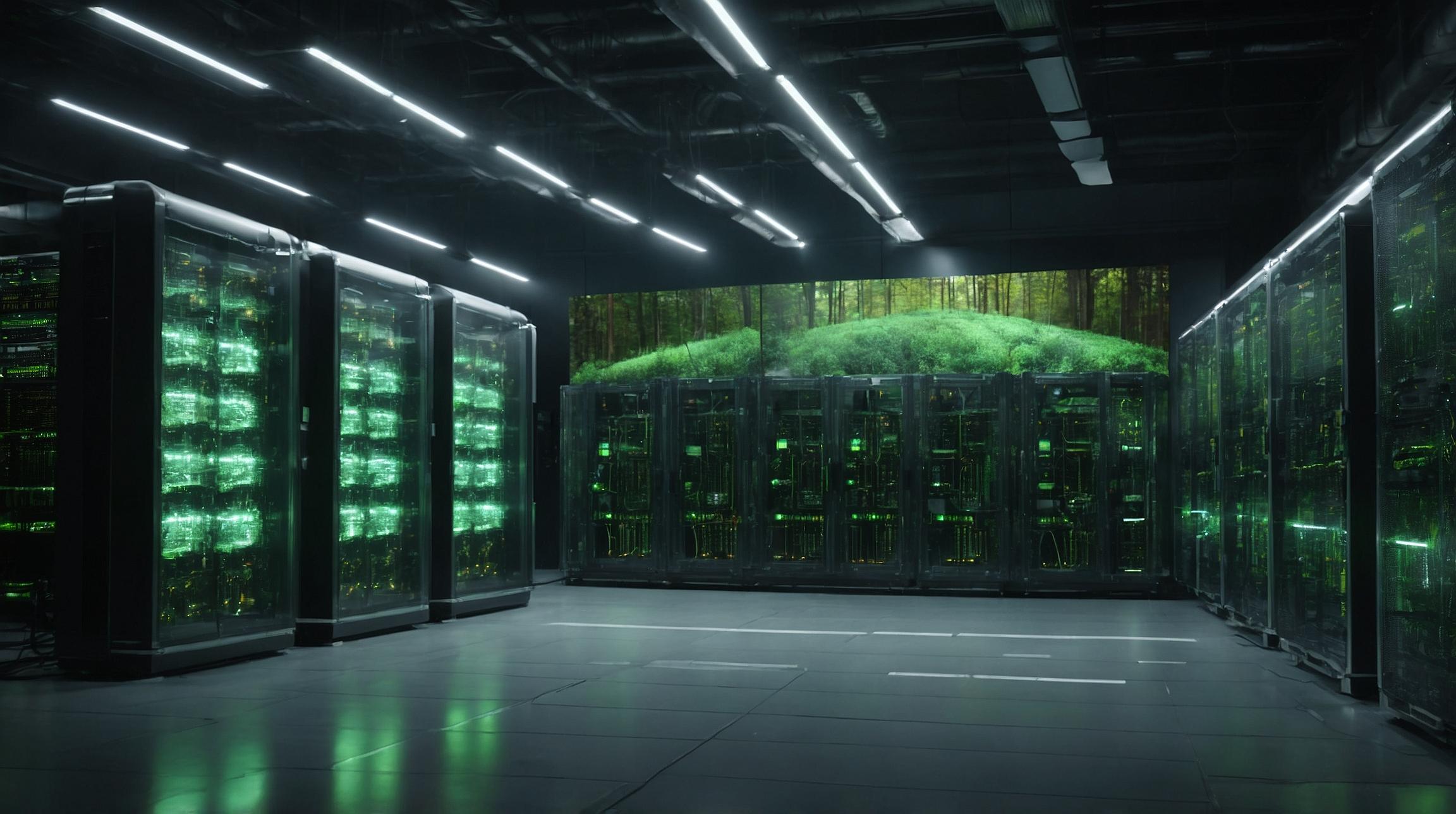Microsoft Doubles Down on AI for Enhanced Sustainability Management
In an era where sustainability has become a key priority for businesses worldwide, tech giant Microsoft has once again made headlines with its innovative approach to environmental stewardship. The company has unveiled its latest venture into AI-powered sustainability tools, signaling a significant push towards helping organizations reduce their environmental impact and reach net zero targets.
AI at the Forefront of Sustainability
The introduction of the Copilot in Microsoft Sustainability Manager showcases Microsoft's commitment to leveraging artificial intelligence (AI) for the greater good. This new service, currently available in preview, empowers organizations to utilize natural language queries for extracting crucial sustainability insights from their data. From analyzing environmental data to drafting thorough sustainability reports, Copilot aims to streamline these processes, ultimately freeing up valuable resources so companies can focus on their core priorities.
Furthermore, Microsoft has also introduced Intelligent Insights in Microsoft Sustainability Manager. Also in its preview phase, this service provides an integrated and interactive AI model that enables deeper analysis of emissions data. This tool is designed to pinpoint both immediate and long-term reduction opportunities, assisting organizations in cutting down their carbon footprints.
The Drive for Sustainable Transformation
Microsoft's latest initiatives are part of a broader effort to integrate Copilot experiences across its product lineup. With these new tools, the company aims to simplify and accelerate sustainability efforts, reducing the workload on staff dedicated to achieving key environmental targets.
"As global sustainability progress becomes more pressing, organizations need tangible, transformative solutions to help them move forward faster," a Microsoft spokesperson stated, acknowledging the growing need for actionable tools in the fight against environmental challenges.
Interestingly, research conducted by Microsoft and Kyndryl last year revealed a significant gap in sustainability integration within business strategies. While 85% of executives consider sustainability "strategically important," only 16% have actively incorporated these goals into their operations. This disparity highlights the urgent need for innovative solutions like those Microsoft is offering.
A History of Environmental Innovation
Microsoft's focus on AI-powered sustainability is not new. In May 2023, the company unveiled Microsoft Fabric, a comprehensive analytics SaaS platform designed to help users consolidate enterprise data — including ESG data — and minimize their environmental impact. With this platform, organizations can connect to data from various sources, utilize AI-powered analytics tools, and embed insights into daily applications to drive action and improve decision-making.
The firm accentuated that now, more than ever, the capability to "turn volumes of sustainability data into meaningful insights" is crucial for advancing sustainability progress.
The Path Ahead
As Microsoft continues to innovate within the sustainability space, its emphasis on AI and technology as key enablers for environmental stewardship is clear. By providing tools that facilitate the analysis and management of ESG data, the company is not only aiding organizations in reducing their carbon footprint but is also setting a precedent for how technology can be harnessed to address some of the world's most pressing environmental issues.
Analyst comment
Positive news. The market is expected to respond positively to Microsoft’s innovative approach to using AI for sustainability management. The introduction of Copilot and Intelligent Insights will streamline sustainability processes and help organizations reduce their environmental impact. This move aligns with the growing demand for sustainable solutions and sets a precedent for using technology to address environmental challenges.













